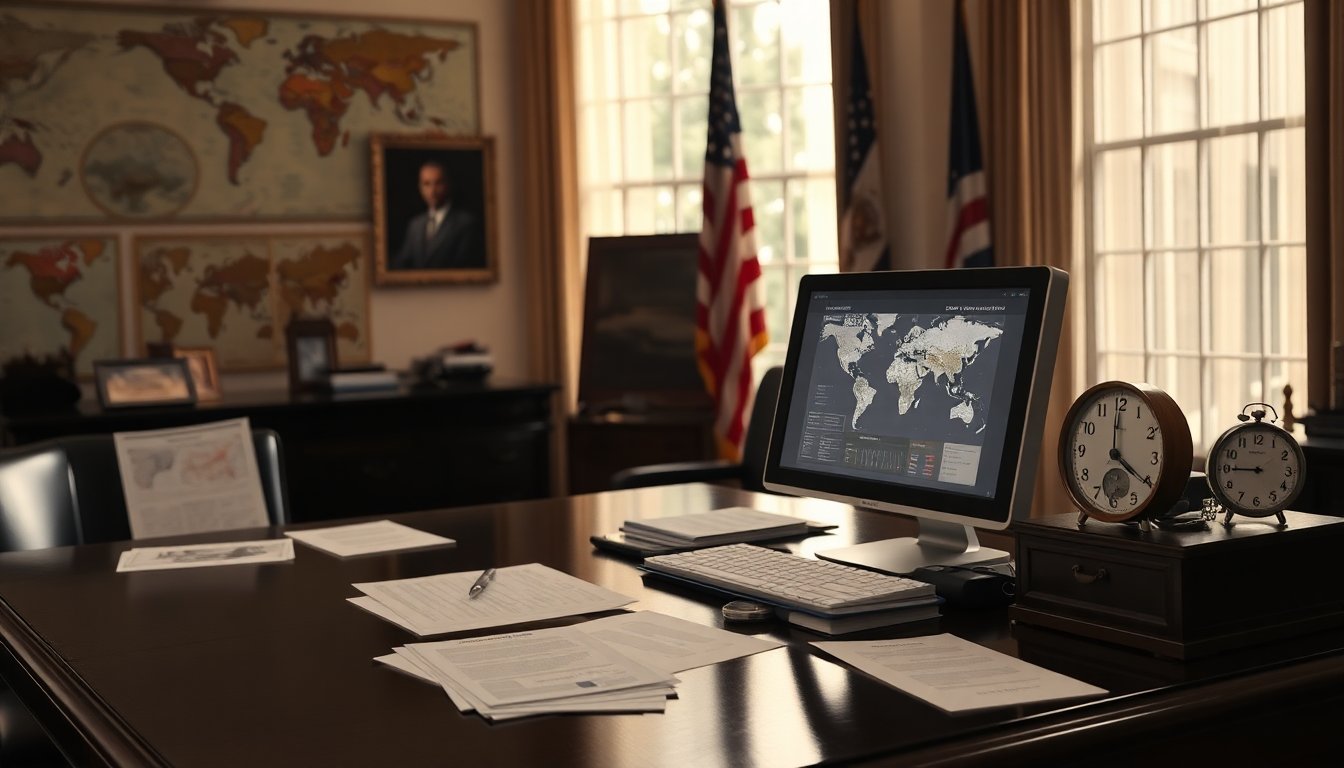Table of Contents
Richard Bruce Cheney, who served as the 46th vice president of the United States, has died at the age of 84. He leaves behind a complex legacy influenced by significant events in American history. Cheney was known for his crucial role in the Iraq War and the broader War on Terror. His decisions continue to evoke discussion in today’s political landscape.
Cheney was a prominent figure in U.S. politics, influencing foreign policy through various administrations. His death not only signifies the end of an era but also reignites conversations about the implications of his actions and the ethical considerations surrounding them.
Early life and political ascent
Born on January 30, 1941, in Lincoln, Nebraska, Dick Cheney grew up in a politically engaged family, which shaped his future in governance. After moving to Wyoming in his teenage years, he showcased leadership skills through high school activities, including sports and student government. Although he attended Yale University, he returned to Wyoming due to academic challenges.
Despite early setbacks, Cheney’s dedication to politics propelled him forward. He graduated from the University of Wyoming with degrees in political science, reinforcing his commitment to public service. His political journey began with an internship in the Wyoming state legislature, laying the groundwork for a remarkable career.
Significant roles in Washington
Cheney’s career took a notable turn when he was appointed chief of staff under President Gerald Ford. This experience provided him with insights into governance and policy-making. Later, as a member of Congress from Wyoming, he built relationships critical for navigating the political landscape.
As Secretary of Defense under President George H.W. Bush, Cheney solidified his role in U.S. military strategy. During the Gulf War, he advocated for decisive action against Iraq, promoting a doctrine favoring swift military intervention. This period highlighted his strategic thinking and marked the beginning of his contentious legacy in foreign policy.
The Iraq War and its aftermath
Cheney’s defining moment arose during the presidency of George W. Bush. After the September 11 attacks in 2001, Cheney played a key role in shaping the U.S. response. He urged the president to prioritize national security and adopt a proactive stance against perceived threats. This urgency led to the decision to invade Iraq in 2003, a move Cheney robustly defended.
In the years after the invasion, the consequences of the war became increasingly evident. Critics cited the lack of evidence for weapons of mass destruction and the ensuing chaos in Iraq as indicators of a flawed strategy. Cheney remained steadfast, asserting that the actions taken were necessary for American interests. His emphasis on a strong military presence illustrated a broader philosophy prioritizing strength over diplomacy.
Enduring controversies and criticisms
In his post-vice presidential years, Cheney remained active in public discourse, often criticizing the policies of subsequent administrations. He emerged as a vocal opponent of President Barack Obama’s national security approach, claiming it undermined U.S. safety. Cheney’s memoirs and public appearances sustained debates around his decisions, eliciting both admiration and criticism from various groups.
Cheney’s legacy is further complicated by his ties to the private sector, particularly his leadership role at Halliburton, an energy company that gained from government contracts during and after the Iraq War. This association has led to accusations of conflicts of interest and raised concerns about the intersection of politics and corporate interests, a topic still relevant today.
A complex legacy
Cheney was a prominent figure in U.S. politics, influencing foreign policy through various administrations. His death not only signifies the end of an era but also reignites conversations about the implications of his actions and the ethical considerations surrounding them.0
Cheney was a prominent figure in U.S. politics, influencing foreign policy through various administrations. His death not only signifies the end of an era but also reignites conversations about the implications of his actions and the ethical considerations surrounding them.1


